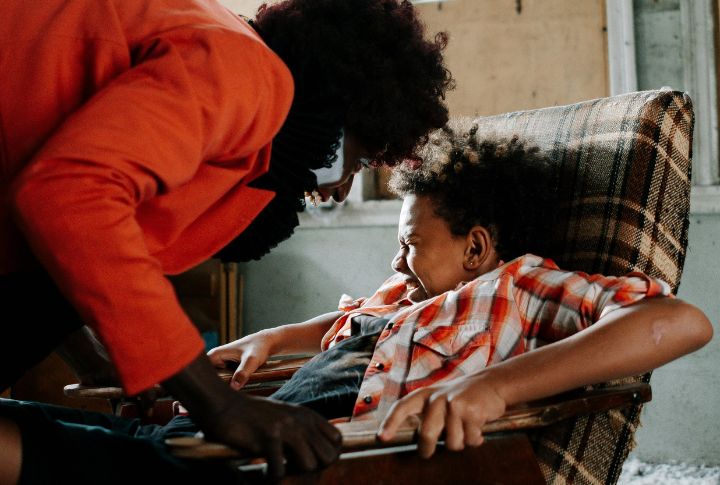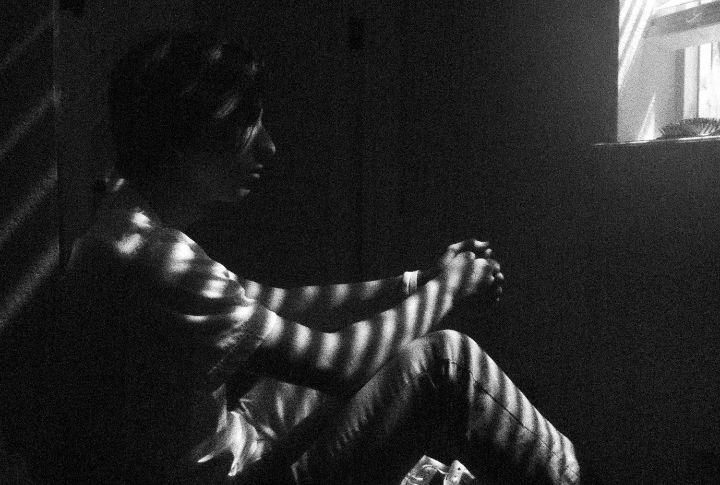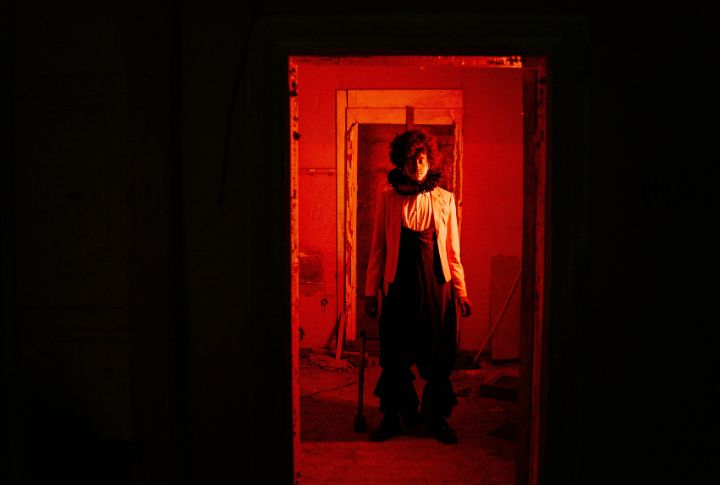
The scars of childhood physical abuse aren’t always visible; they often linger deep within the psyche, influencing behaviors and emotional responses well into adulthood. These psychological signs can manifest in various ways, sometimes subtly, other times overtly, affecting relationships, self-esteem, and overall mental health. Understanding it can be a step towards healing and reclaiming your well-being. Here are some psychological signs that may indicate a history of physical abuse during childhood.
Hypervigilance

Constantly scanning your environment for potential threats, even in safe situations, can be a lingering response to past abuse. This heightened awareness often leaves you feeling on edge, as if danger is always lurking just around the corner. It’s a protective mechanism but can make relaxing and enjoying life difficult.
Difficulty Trusting Others

Trusting people may feel impossible, as betrayal was a familiar companion in your formative years. You might find yourself questioning the motives of those around you, even in proven safe and supportive relationships. This fear of trust can lead to isolation and strained connections.
Fear of Conflict

Physical abuse often teaches the lesson that conflict leads to pain, making you more likely to avoid disagreements at all costs. As an adult, this fear can manifest in a reluctance to assert your needs or stand up for yourself, even in situations where it’s necessary. Over time, this avoidance can lead to resentment and a sense of powerlessness.
Emotional Numbness

To survive the pain of abuse, you may have learned to shut down your emotions as a form of self-protection. As an adult, this can result in difficulty experiencing or expressing emotions, leading to a sense of detachment from yourself and others. While this numbness might protect you from pain, it can also prevent you from thoroughly enjoying life’s joys.
Negative Self-Talk

The harsh words you heard as a child can echo in your mind as negative self-talk in adulthood. This inner critic can be relentless, constantly undermining your confidence and reinforcing feelings of worthlessness. Overcoming this requires recognizing its origins and actively working to replace it with kinder, more supportive thoughts.
Low Self-Esteem

If you were constantly belittled or harmed as a child, you might struggle with feelings of worthlessness or inadequacy as an adult. These feelings can manifest in various ways, from a constant need for validation to self-sabotaging behaviors. The belief that you’re not good enough can permeate every aspect of your life.
People-Pleasing Tendencies

You may have learned to prioritize others’ needs over your own to avoid conflict or further abuse. This tendency to people-please can persist into adulthood, leading to a lack of boundaries and difficulty asserting yourself. While it might feel safer to keep others happy, it often comes at the expense of your well-being
Perfectionism

Striving for perfection can be a way to regain control when everything else feels chaotic. As an adult, you might set impossibly high standards for yourself, believing that you’ll be safe or worthy of love if you’re perfect. This constant desire for perfection can lead to burnout, stress, and a never-ending cycle of self-criticism.
Depression

The weight of unresolved trauma can lead to persistent feelings of sadness, hopelessness, or emptiness. Depression stemming from childhood abuse can be deep-seated and resistant to treatment, often requiring professional help to manage. It can color every aspect of your life, making it hard to find joy or purpose.
Nightmares or Flashbacks

Traumatic memories can resurface in the form of nightmares or flashbacks, pulling you back into those painful moments. These intrusive thoughts can be caused by certain sights, sounds, or situations, making it difficult to escape the past. They can also contribute to insomnia and other sleep disorders.

Comments
Loading…